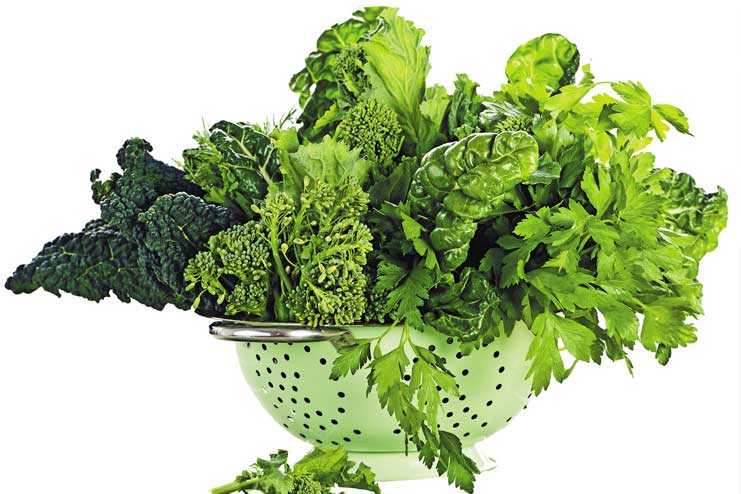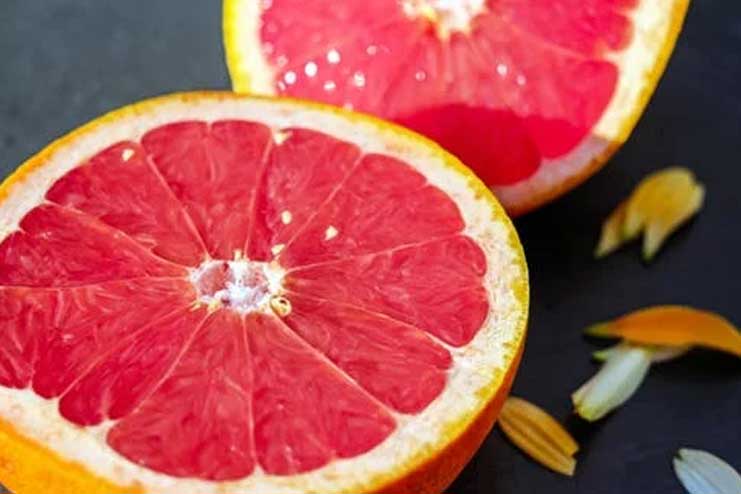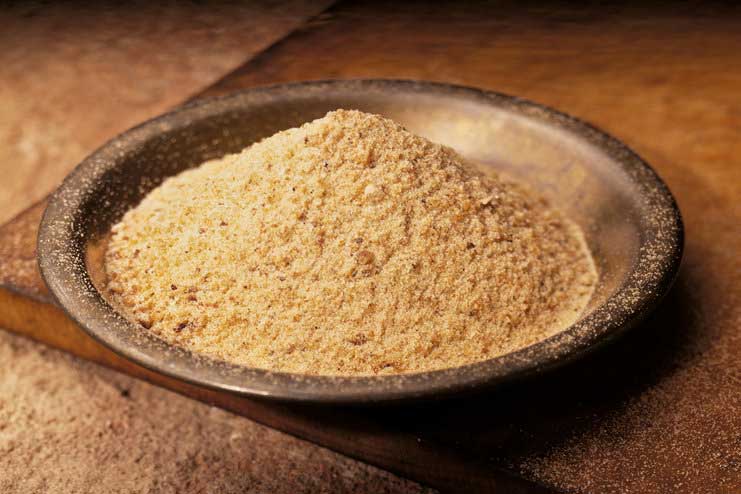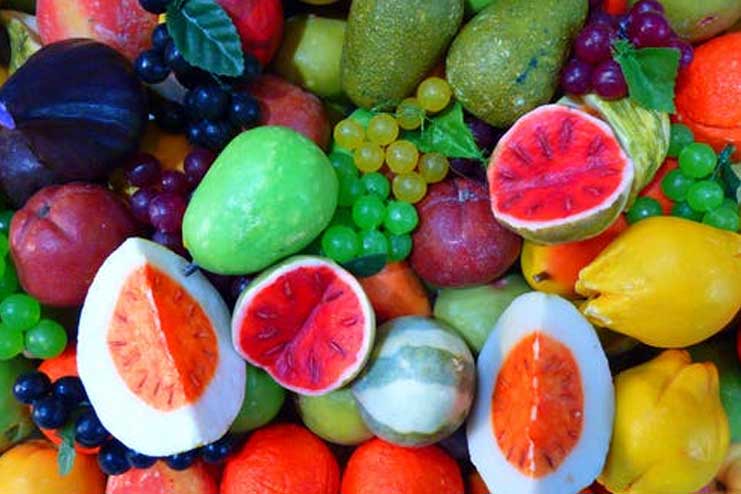Is your child feeling pressured to eat food? Are you worried as your child is not meeting the required calorific quota? Read this article to get a solution to your problem.
Most of the children do not show interest to eat food. As a parent it worries you if your child is not eating enough portions of food at meals time. This could affect your child’s weight gain and development. If you notice loss of appetite for longer times with excessive weight loss and fatigue, you need to pay immediate attention
This article discusses the causes for poor appetite in children. It presents the ways to prevent loss of appetite and home remedies to increase appetite in children.
What is Loss of Appetite in Children:

Loss of appetite is common in the children aged 2 to 5 years. Some children will push and play with their plates at meal time or breakfast time instead of eating the food. Those children show less or no interest in eating. Sometimes they vomit while eating or after eating the meals.
Why Does A Child Lose Appetite?

Most of the times parents worry about their child who barely eat food. Child may lose desire to eat if the food served to them is not appealing.
Transient loss of appetite may be the reason of common ill conditions like- cold, fever, throat infection etc. But prolonged loss of appetite needs to be paid attention which may retard their growth and weight.
Causes Of Poor Appetite In Toddlers:
Here are the few reasons for loss of appetite in children.
1. Sickness:
Illness makes child to eat less than what they usually eat. Some of the common ill conditions like sore throat, stomach ache, diarrhea, constipation, head ache, fever make them feel uncomfortable and eat less. Children usually regain their appetite after recovery from the illness.
2. Growth:
Changes in growth and their diet are interlinked. Children grow rapidly during the first year and they are targeted to grow by 7 kgs and 21 cms during the first year. During their second year growth rate slows down. They spend most of the time walking and playing, distractions and slow growth rate make them to eat less.
3. Anemia:
If your child do not have sufficient iron reserves, it may lead to anemia. Child with anemia often looks fussy, irritable and refuses to eat the food offered to them.
4. Stress:
Stress has become the common issue these days in both adults and children. If you notice that your child is struggling to sleep and not showing interest in eating, you should take the responsibility to recognize the reasons for the stress and alleviate it.
Here are the few reasons for the young children’s stress:
- Bullying at school
- Frequently yelled at by the parents
- Lack of learning skills which makes them unable to cope up with the academic pressure
5. Depression:
Depression in children interferes with their daily routines. It may change their life style and food habits. Depressed children will show less interest in eating. Depression should be recognized at the early stage to avoid further psychological and health problems like loss of appetite.
6. Improper Digestion:
Energy is required to digest the food. This energy levels are being decreased at the times when the stomach suffers from indigestion, gases, flatulence or so. Illness also creates the improper digestion environment causing loss of appetite.
7. Medicines:
If your child is on the medications or had a recent use of antibiotics, they may lose appetite temporarily for some days.
8. Constipation:
If your child does not have frequent bowel movements, it is considered to be a sign of improper working of digestive system. Help your child in clearing the bowels by feeding fiber rich food. This may help them to regain appetite.
9. Zinc Deficiency:
The major constituent that helps in digestion of food in the stomach and the one which stimulates the feeling of hunger is hydrochloric acid. This acid is produced by the zinc. There might be possibility of zinc deficiency if your child is suffering from lack of appetite.
Including zinc rich foods like- Meat, legumes, seeds, nuts, dairy products will help in bringing the required zinc levels thereby increasing the appetite levels.
10. Feeding Too Much:
If you are feeding your child with lot whole grain recipes, they will feel full for more time. As whole grains are rich in fibre, they require more time to be digested. If your baby is consuming cow’s milk or formula milk than required level, this may adversely effect his appetite.
11. Intestinal Worms:
Intestinal worms enter the digestive system and live there as parasites resulting in intestinal bleeding, loss of appetite, dysentery etc. Consult your pediatrician, he may recommend you some deworming medicine to kill the worms.
12. Anorexia Nervosa:
It is an eating disorder. Children with this sort of disorder are more cautious on their weight. With the intention to lose weight they keep limitations on the amount of food to be consumed.
Effects of Loss of Appetite in Children:

Loss of appetite makes the kid to consume less amounts of food. This adversely affects their physical and mental health. Some of the affects of loss of appetite are:
- Growth rate is retarded
- Vitamin deficiency
- Anemia
- Vulnerable to sickness
- Physically inactive
- Weight loss
How to Prevent Loss of Appetite in Children?

Here are the few ways to deal with appetite lose in children.
1. Start with the Best Nutritious Breakfast:
Breakfast is considered to be most important as it breaks the overnight empty stomach. Feed your child the nutritious breakfast reaching the energy demands which in turn increases the metabolism rate. A healthy breakfast will help to keep up the high energy levels throughout the day.
2. Make Meal Time Fun:
Meal times offer the child time to spend with friends and family. Make their meal time fun and interesting by including the food they like most. Give them the choice of selecting the food.
3. Offer Water 30 Minutes before Meal Time:
Giving your child the water 30 minutes before mealtime helps them for easy digestion. Make sure to offer them water at least one hour after the meals. This will reduce the chances that the digestive juices are diluted by the water.
4. Keep an Eye on Their Iron Levels:
Sufficient Iron levels are very important to keep your child away from anemia and at the proper appetite levels. Give your child the iron rich foods like – Spinach, eggs, meat, fish etc. In order to increase the iron absorption by the body, pair these foods along with the foods that are rich in vitamin C.
5. Less Frequent Meal Structure:
Instead of feeding high amounts of food at a time, try feeding small amounts of food for every two hours. This may reduce the burden on digestion system and helps them stay energized and consume right amounts of food.
6. Avoid Distractions:
These days, kids are addicted to watching their favourite nursery rhymes or stories on their electronic gadgets in front of them while eating.
Here are the few tips to make feeding enjoyable:
- Make your kid aware of the meal time 10-15 minutes ahead.
- Involve your kid in preparing their meals like- topping with butter, fruits or vegetable.
- Serve the meals in their favourite action figure bowls or plates.
- Model your kid with the healthy eating habits like- eat slowly, eat nutritious and healthy food
- Never offer food as reward or punishment
7. Add More Zinc Rich Foods to the Diet:
Zinc is well known to treat diarrhea and helps in the digestion of food. It carries out many physiological functions such as boosting immunity, regulating the growth and development. Include zinc rich foods like pumpkin seeds, nuts, spinach, mushrooms etc in your kid’s diet.
8. Replace Snacks:
A snack can not be biscuits, chips, and other junk foods that kill hunger. Replace them with the healthy and nutritious diet like sandwiches, muffins, pancakes, nutritional cookies etc.
9. Vary Child’s Menu:
Bring some variation in your child’s daily meal plan with the combination of foods like Bread with pasta, Lighter rice and beans, Leafy greens and tomatoes etc.
10. Make Yogurt Must:
Greek yogurt is a rich source of probiotics that helps in increasing the good bacteria which improves digestion. It works well in treating the appetite and immunity of child.
11. Milk is not a Meal:
Even though a glass of milk is rich in calcium. Using milk alone as the breakfast or meal is not a good choice. Milk consumption lowers the appetite levels for the next meal. Milk has to be given in moderate level and other dairy products like- yogurt, cheese can be used as alternative to milk.
12. Avoid Pungent or Strong Food:
Make sure that your kitchen is free from the foods that release extreme odours like garlic and masalas. These extreme odours may suppress your kid’s appetite.
13. Make them Play:
These days, kids are spending most of the times in front of screens. This decreases their physical activity resulting in the low digestion. Make your kids play and exercise to stimulate the lost appetite.
14. Cooler the Dining area:
Suffocation during the meals time reduces the appetite in children. Make sure that your dining table is near the open window and receives enough amount of fresh air.
15. Peanut Butter as Appetiser:
Peanuts increase the appetite levels of your child. Include a few fried peanuts in your baby’s diet to tackle the lack of appetite. Offer whole wheat bread with peanut butter spread during snack time.
10 Foods that Increase Your Child’s Appetite:
Here are the list of food items that help to increase your child’s appetite:
1. Cinnamon:
 The nutrient, hydroxychalcone, that exists in the cinnamon helps to enhance the appetite by clearing the toxins.
The nutrient, hydroxychalcone, that exists in the cinnamon helps to enhance the appetite by clearing the toxins.
2. Mint:

- Mint reduces constipation in child.
- Extract the juice out of mint leaves and mix it with the honey
- Serve this to your kid, morning and in the evening with 1 teaspoon of lukewarm water.
- This will make them feel hungry by clearing the stomach.
3. Parsley:

- It is one of the powerful home remedy to increase appetite.
- Take the celery, grind it well and black salt to it.
- Give it to your child every day for few days.
You can give it to your the other way:
Add 2 teaspoons of salt to teaspoon of celery, boil this mixture in a cup of water.
Filter it well and give to your kid which stimulate hunger.
4. Green Leafy Vegetables:

Green leafy vegetables are the source of lot of vitamins and minerals. Leafy vegetable keeps your kid away from the diseases and increases appetite.
5. Grape Fruit:
 Grapefruit is loaded with fiber and helps for the easier bowel movements thus relieving your kid from constipation. Vitamin C in the grapefruit helps in maintaining the immune system healthy. If you child does not like to eat it, include some of the cut small cut pieces in smoothies or custard.
Grapefruit is loaded with fiber and helps for the easier bowel movements thus relieving your kid from constipation. Vitamin C in the grapefruit helps in maintaining the immune system healthy. If you child does not like to eat it, include some of the cut small cut pieces in smoothies or custard.
6. Ginger:
 Ginger is well known to treat cough. It also boosts up the immune system. Crunch the ginger and add it buttermilk, porridge or veggies to aid digestion.
Ginger is well known to treat cough. It also boosts up the immune system. Crunch the ginger and add it buttermilk, porridge or veggies to aid digestion.
7. Hing:

Commonly known as asafoetida. It helps to get rid of gases and flatulence. It increases the hunger by reducing the feeling of fullness of stomach.
8. Carrot Juice:
 Carrot is well known to improve eye sight. Having a small glass of carrot juice 30 minutes before meal time stimulates the hungry feeling
Carrot is well known to improve eye sight. Having a small glass of carrot juice 30 minutes before meal time stimulates the hungry feeling
9. Lemon:
 Lemon helps in cleaning the palate and restores the appetite. Give your child a glass of lemon juice to activate the digestive system
Lemon helps in cleaning the palate and restores the appetite. Give your child a glass of lemon juice to activate the digestive system
10. Fruits:
 Try giving your child these fruits more frequently:
Try giving your child these fruits more frequently:
Lychee: Give it to your child before meal time to increase the appetite
Plum: This fruit with peculiar taste will help in boosting the hunger
Apples: Apples, being low caloric food helps in boosting the appetite.
When To See A Doctor For Loss Of Appetite in Children:
Change in appetite in rare conditions may lead to severe conditions. Visit the doctor if notice the following symptoms in your child:
- Abdominal pain on eating
- Poor weight gain
- Decrease in energy
- Vomiting, Shortage of breath, facial swelling, rashes after eating certain foods.
Here are the 10 natural home remedies to increase appetite in your children. In some cases it is recommended to use appetite stimulants like -Duocal, Komilon, Emergen-c etc to increase the appetite. Consult your pediatrician before using the appetite stimulants.







































